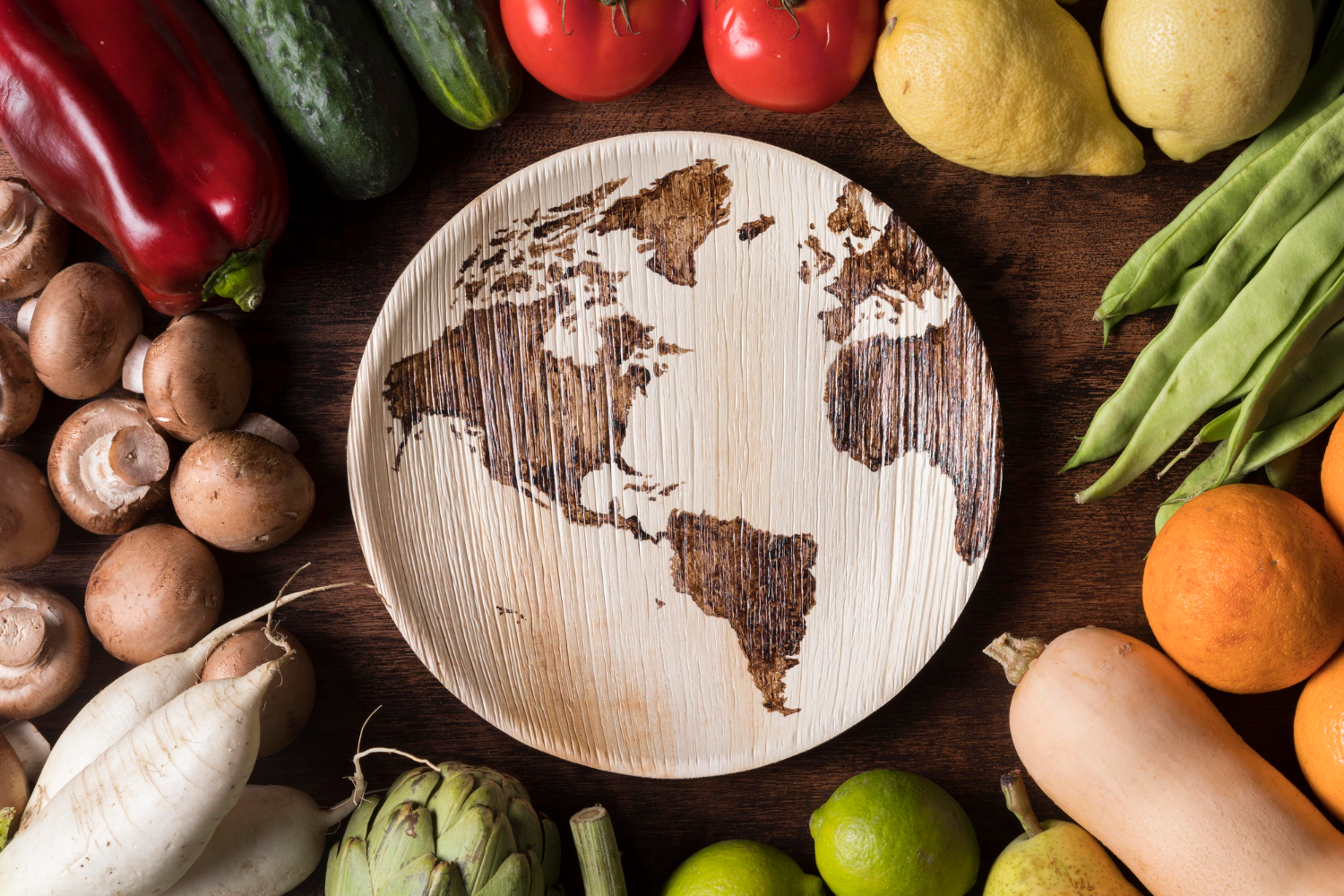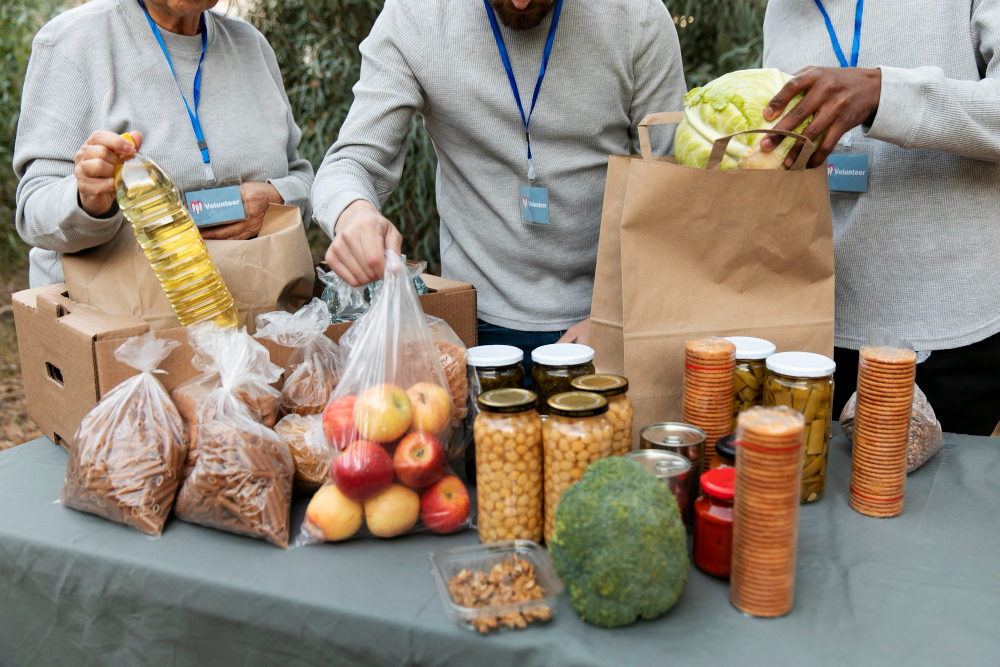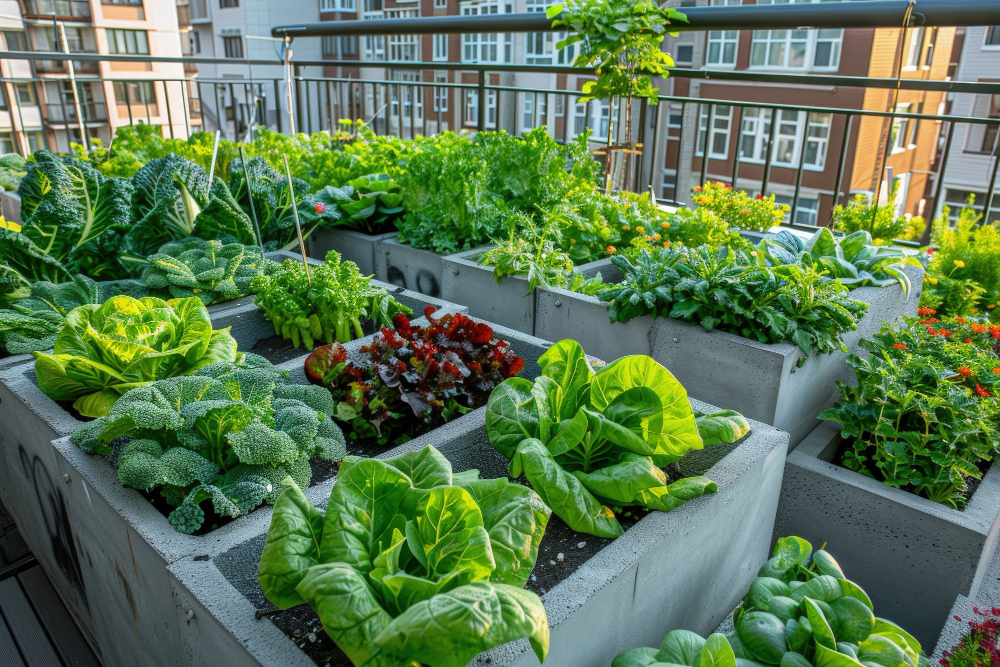Introduction to Food Justice and Access
Understanding Food Justice and Access
Food justice and access refer to the equitable distribution of food resources, ensuring that all individuals, regardless of socioeconomic status, have access to nutritious, culturally appropriate, and sustainably produced food. This concept extends beyond mere availability, encompassing the right to grow, sell, and consume healthy food.
The Importance of Food Justice
Food justice is crucial for addressing the systemic inequalities in our food system. It seeks to rectify disparities that result from economic and social barriers, ensuring that everyone has the opportunity to maintain a healthy diet. By promoting food justice, we support the health and well-being of communities, particularly those historically marginalized.
The Challenges of Food Insecurity
Defining Food Insecurity
Food insecurity is the state in which individuals lack reliable access to sufficient quantities of affordable, nutritious food. This issue affects millions worldwide, with significant impacts on physical and mental health, particularly in low-income and marginalized communities.
Causes of Food Insecurity
Food insecurity arises from various factors, including poverty, unemployment, and systemic inequalities. Other contributing elements include climate change, food deserts, and inadequate social policies that fail to support those in need.
The Role of Food Sovereignty
What is Food Sovereignty?
Food sovereignty emphasizes the right of people to define their own food systems. It prioritizes local food production, respects the rights of farmers, and promotes sustainable agricultural practices. Unlike food security, which focuses solely on access, food sovereignty also considers the power and control over food production.
Principles of Food Sovereignty
The principles of food sovereignty include prioritizing local and sustainable food production, ensuring fair trade, promoting food security, and protecting the environment. It also involves supporting the rights of farmers and communities to access land, water, and seeds.
Urban Agriculture and Its Benefits
The Rise of Urban Agriculture
Urban agriculture refers to the practice of cultivating, processing, and distributing food within or around urban areas. This movement has gained traction as cities seek to address food insecurity and promote sustainable living.
Benefits of Urban Agriculture
Urban agriculture offers numerous benefits, including improved access to fresh produce, reduced food miles, and enhanced community engagement. It also provides educational opportunities and promotes environmental sustainability through the use of green spaces.
Strategies for Promoting Food Justice and Access
Policy Advocacy
Advocating for policies that support food justice and access is crucial. This includes pushing for fair wages, affordable housing, and social safety nets that reduce poverty and improve access to nutritious food.
Supporting Local Food Policies
Local food policies can promote food justice by encouraging urban agriculture, farmers’ markets, and community gardens. These initiatives can enhance local food systems and ensure that fresh, healthy food is available to all residents.
Advocating for National Policies
National policies that support food justice include increasing funding for food assistance programs, implementing fair trade practices, and investing in sustainable agriculture. Advocating for these policies can help address systemic inequalities in the food system.
Community Initiatives
Grassroots initiatives play a vital role in promoting food justice and access. Community gardens, food co-ops, and local food banks are examples of initiatives that can improve access to healthy food and foster community resilience.
Establishing Community Gardens
Community gardens provide spaces for residents to grow their own food, promoting food sovereignty and access to fresh produce. These gardens can also serve as educational hubs, teaching sustainable farming practices and nutrition.
Developing Food Co-ops
Food co-ops are member-owned grocery stores that prioritize local and sustainable products. They offer an alternative to conventional supermarkets, often providing more affordable and equitable food options.
Key Challenges in Achieving Food Justice
Economic Barriers
Economic barriers, such as poverty and unemployment, are significant obstacles to food justice. Addressing these barriers requires comprehensive social policies that support economic stability and reduce income inequality.
Systemic Inequality
Systemic inequalities, including racism and discrimination, disproportionately affect access to healthy food in marginalized communities. Combating these inequalities involves promoting inclusive policies and practices that ensure equitable access for all.
Success Stories in Food Justice
The Detroit Urban Agriculture Movement
Detroit has become a model for urban agriculture, with numerous community gardens and urban farms transforming the city’s food landscape. These initiatives have improved access to fresh produce and fostered a sense of community resilience.
The Role of Community Gardens
Community gardens in Detroit provide residents with spaces to grow their own food, learn about sustainable farming, and connect with neighbors. These gardens have been instrumental in addressing food insecurity and promoting food sovereignty.
The Impact on Local Food Systems
Urban agriculture in Detroit has not only increased access to healthy food but also stimulated local economies by creating jobs and supporting local food businesses. This holistic approach to food justice serves as a blueprint for other cities.
The Food Sovereignty Movement in Brazil
Brazil’s food sovereignty movement has empowered local communities to take control of their food systems. By prioritizing local and sustainable agriculture, Brazil has made significant strides in reducing food insecurity and promoting environmental sustainability.
Supporting Small-Scale Farmers
Brazil’s policies supporting small-scale farmers have been crucial in promoting food sovereignty. These policies ensure that farmers have access to land, resources, and markets, enabling them to produce and sell healthy, sustainable food.
Promoting Agroecology
Agroecology, a farming approach that integrates ecological principles, has been central to Brazil’s food sovereignty movement. This method promotes biodiversity, reduces reliance on chemical inputs, and enhances the resilience of local food systems.
The Future of Food Justice and Access
Innovative Solutions
Innovative solutions are essential for advancing food justice and access. These include technological advancements, sustainable farming practices, and new models of food distribution that prioritize equity and sustainability.
Embracing Technology
Technology can play a crucial role in promoting food justice. For example, mobile apps can connect consumers with local farmers, while data analytics can help identify areas of food insecurity and target interventions more effectively.
Sustainable Farming Practices
Sustainable farming practices, such as permaculture and regenerative agriculture, are key to promoting food justice. These methods prioritize soil health, biodiversity, and community well-being, ensuring that food systems are resilient and equitable.
The Role of Education
Education is vital for promoting food justice and access. By raising awareness about the importance of sustainable and equitable food systems, we can empower individuals and communities to take action and advocate for change.
Community Education Programs
Community education programs can teach residents about nutrition, sustainable farming, and food sovereignty. These programs can be offered through community centers, schools, and local organizations, fostering a culture of food justice.
School-Based Initiatives
School-based initiatives, such as garden programs and nutrition education, can instill a sense of food justice in young people. By integrating these concepts into the curriculum, we can inspire the next generation to advocate for equitable food systems.
Conclusion: Moving Towards Food Justice
The Power of Collective Action
Achieving food justice requires collective action from individuals, communities, and policymakers. By working together, we can create a more equitable and sustainable food system that benefits everyone.
A Call to Action
We must all take responsibility for promoting food justice and access. Whether through advocacy, community initiatives, or personal choices, we can each contribute to a fairer and more sustainable food system.
FAQs
- What is food justice?
- Food justice ensures that all individuals have access to nutritious, culturally appropriate, and sustainably produced food, addressing systemic inequalities in the food system.
- What is food sovereignty?
- Food sovereignty emphasizes the right of people to define their own food systems, prioritizing local food production, fair trade, and sustainable agricultural practices.
- How does urban agriculture benefit communities?
- Urban agriculture improves access to fresh produce, reduces food miles, enhances community engagement, and promotes environmental sustainability.
- What are the main causes of food insecurity?
- Food insecurity arises from factors like poverty, unemployment, systemic inequalities, climate change, food deserts, and inadequate social policies.
- How can policy advocacy promote food justice?
- Policy advocacy supports food justice by pushing for fair wages, affordable housing, social safety nets, local food policies, and sustainable agriculture.
- What are community gardens?
- Community gardens are shared spaces where residents can grow their own food, promoting food sovereignty, access to fresh produce, and community engagement.
- How does systemic inequality affect food access?
- Systemic inequalities, such as racism and discrimination, disproportionately affect marginalized communities’ access to healthy food, requiring inclusive policies to address these disparities.
- What are some success stories in food justice?
- Success stories include Detroit’s urban agriculture movement and Brazil’s food sovereignty initiatives, both of which have improved access to healthy food and promoted sustainability.
- What role does education play in promoting food justice?
- Education raises awareness about sustainable and equitable food systems, empowering individuals and communities to advocate for change and take action.
- How can individuals contribute to food justice?
- Individuals can contribute by supporting local food initiatives, advocating for equitable policies, participating in community gardens, and making sustainable food choices.



